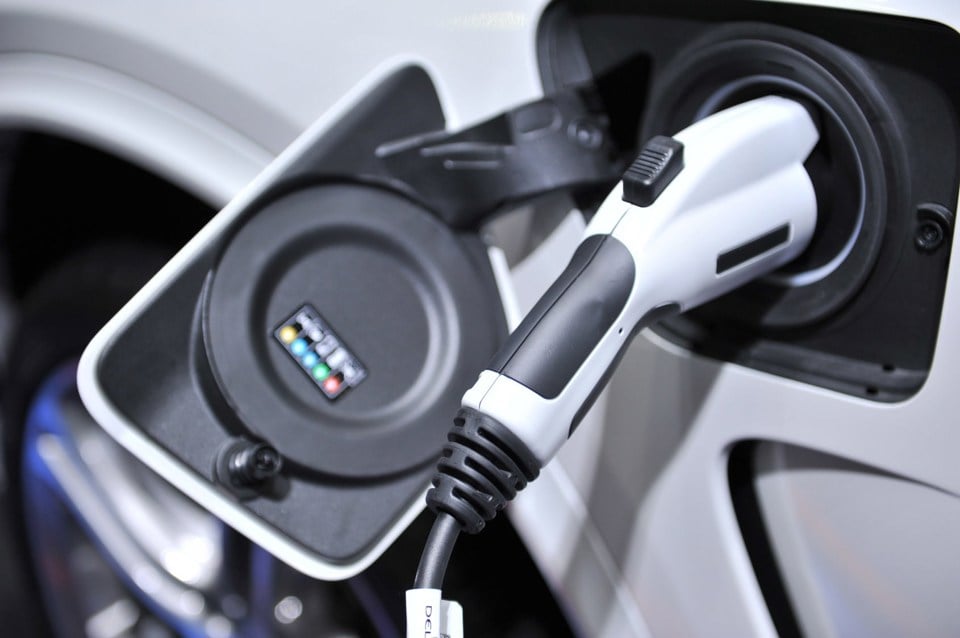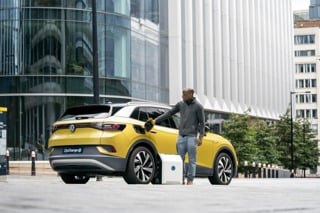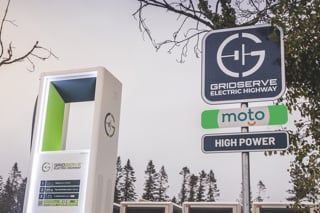The experience of using public electric vehicle (EV) charge points has been slammed, with complicated payment methods and poor reliability major issues, new research suggests.
Three of the five most significant barriers to people choosing an electric car relate to anxiety about charging, with a third (33%) citing a lack of charge points on long journeys and more than one-in-four (29%) respondents to the Which? survey concerned about a lack of charge points close to their home.
Launching a policy paper on improving EV infrastructure across the UK, Which? says that there is an urgent need to improve the consumer experience of using public charge points, which is often “frustrating and inconvenient”.
It is calling for a major upgrade to the UK’s electric car public charging system infrastructure, with the Competition and Market Authority (CMA) estimating there will be eight million drivers across the UK who will not have the ability to charge an EV from home.
Currently, the Which? research reveals that only 13% of electric and plug-in hybrid car charging currently happens via public chargers.
However, as the UK approaches the ban on sales of new petrol and diesel cars in 2030 and drivers switch to electric, the number of people who will be completely reliant on public charging will rise starkly.
This is why it is vital that access to the public charging network is improved, as well as the experience of using it, it says.
Sue Davies, Which? head of consumer protection policy, explained: “Our research shows that few electric vehicle owners currently rely on the public charging network, but this will have to change if millions of people are going to switch from petrol and diesel vehicles in the next decade.
“Improving the UK’s flawed charging infrastructure will support more motorists to make the switch to a zero-emission vehicle.
“The current confusing and complex system needs to be quickly overhauled if the network is “going to be ready for the ban on new fossil fuel cars in 2030.
Charging must be easy, accessible and affordable if people are going to make the move to an electric car.’
“To that end, we are today publishing our first electric vehicle charging policy paper that sets out our recommendations for the future of public charging infrastructure across the UK nations.”
The Which? research and policy paper comes in the wake of a proposal from the Society of Motor Manufacturers and Traders (SMMT), for a new regulator called Ofcharge to govern targets and ensure every part of the country has accessible, available and affordable charging for their EV.
Part of a new seven-point plan, published yesterday (Wednesday, February 15) by the SMMT, the automotive trade body says that, while most current plug-in car drivers charge at home, public charge points remain critical to consumer confidence and are still relied upon by many fleets, as well as the third of British households that do not have designated off-street parking.
Tanya Sinclair, policy director for the UK and Ireland at ChargePoint, agreed that EV charging points are vital for the UK to achieve widespread EV uptake, and it is necessary to get this infrastructure in place to remove key logistical barriers to consumer adoption.
However, she said: "It is important that this is done in the right way - it’s not just about needing a large concentration of charging stations but the speed, location, ease of use and incentives need to be carefully considered.
"Governments and councils should be actively enabling and facilitating EV charging infrastructure. The DfT must come through on its commitment to standardise the driver’s experience of charging by mandating roaming and enforcing minimum uptime for charging stations, which we hope to see in the much overdue EV Infrastructure Strategy."
> Interested in comparing electric vehicle data? Check out our EV tool.
> Interested in ensuring the efficient use of EVs. Check out our dedicated editorial sections: Insight & policy | EV news | Charging & infrastructure | Costs & incentives | Benefit-in-kind | EV case studies | EV road tests
























Login to comment
Comments
No comments have been made yet.